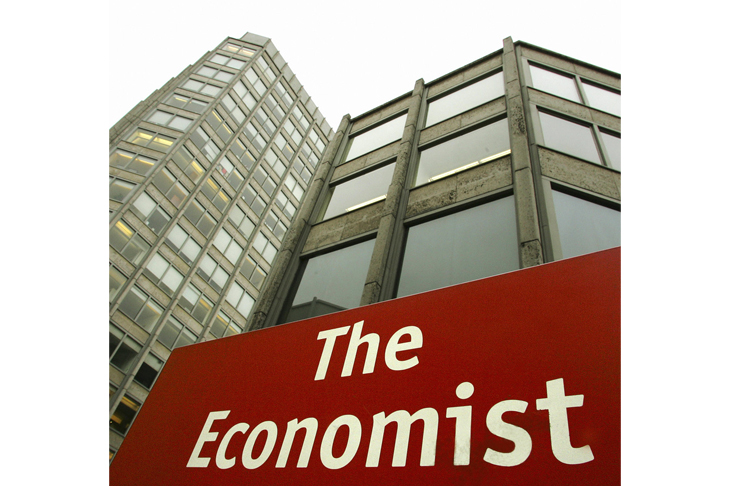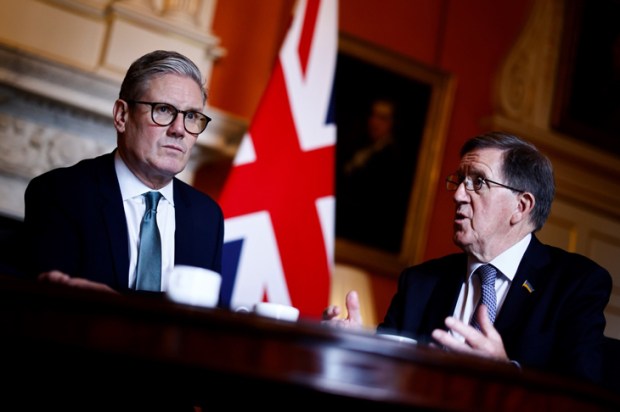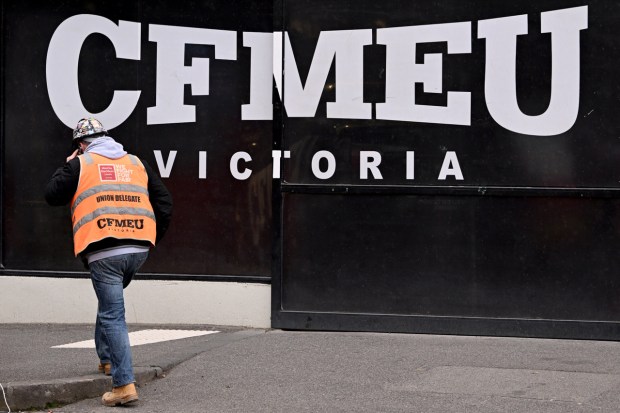‘Only when the tide goes out do you discover who’s been swimming naked’. It’s one of my favourite sayings from the Oracle of Omaha, investor Warren Buffett.
I was thinking of this the other day while reaching the conclusion that my profession – the economics profession – is filled to the gills with illiberal busy-bodies who never seem to hesitate from doling out liberty-sapping recommendations based on their ‘expert’ opinions.
Already a subscriber? Log in
Subscribe for just $2 a week
Try a month of The Spectator Australia absolutely free and without commitment. Not only that but – if you choose to continue – you’ll pay just $2 a week for your first year.
- Unlimited access to spectator.com.au and app
- The weekly edition on the Spectator Australia app
- Spectator podcasts and newsletters
- Full access to spectator.co.uk
Or
Unlock this article
You might disagree with half of it, but you’ll enjoy reading all of it. Try your first month for free, then just $2 a week for the remainder of your first year.












Comments
Don't miss out
Join the conversation with other Spectator Australia readers. Subscribe to leave a comment.
SUBSCRIBEAlready a subscriber? Log in